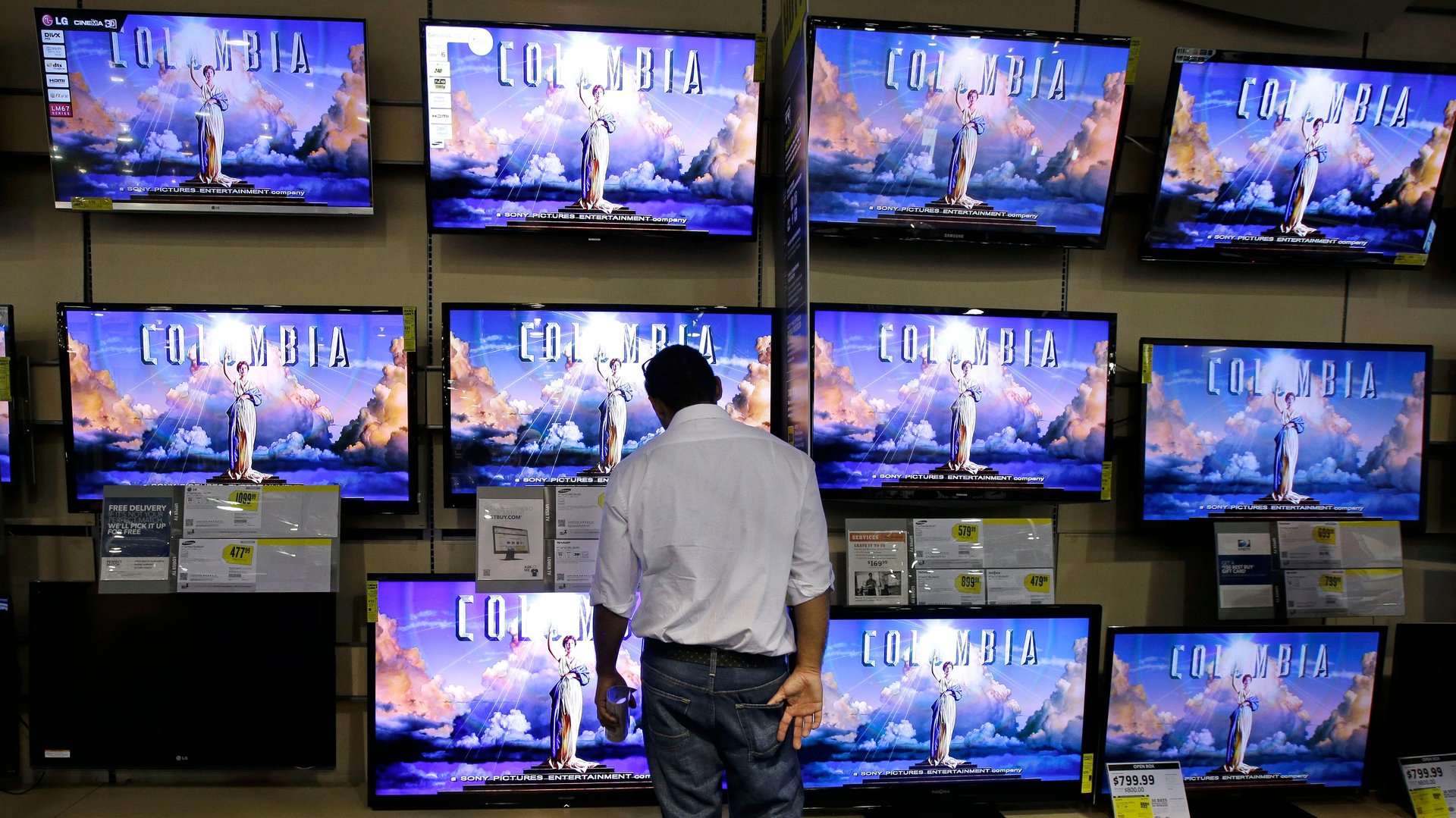Your Vizio TV has been spying on you—here’s how to stop it
If you own a Vizio television that can connect to the internet, chances are it’s been recording every movie, show, and documentary that you’ve ever watched on it, and selling that information to advertisers.


If you own a Vizio television that can connect to the internet, chances are it’s been recording every movie, show, and documentary that you’ve ever watched on it, and selling that information to advertisers.
While many internet-connected services sell aggregated, anonymous information about what their users are watching, it’s exceedingly rare for a television hardware company to monitor and sell specific information about its users’ viewing habits directly to advertisers, especially without asking for consent. The US Federal Trade Commission (FTC) has been investigating Vizio for doing exactly that, and sued the company for monitoring its customers without consent. Yesterday, the FTC and Vizio agreed to settle out of court for $2.2 million, according to The Wall Street Journal (paywall).
Technology publications have been trying to make smart-TV owners aware of this issue for awhile, as many companies have similar technology installed on their devices. Samsung’s smart televisions, for example, were found in 2015 to be literally listening to everything you said. But it can be difficult to figure out how to disable these functions.
For a Vizio TV, ZDNet suggests doing the following:
- Press the menu button on your Vizio remote
- Choose ”Settings”
- Go to ”Smart Interactivity”
- Press the right arrow to change setting to OFF
There may be some discrepancies between models of Vizio TVs—the company has been selling internet-connected models in the US for six years—so make sure to double-check. On some models, you may have to go through the “VIZIO Internet Apps” interface, click “menu,” and then follow the steps above.
Part of the FTC’s complaint against Vizio is the fact that “Smart Interactivity” doesn’t really connote “Monitor My Viewing Data and Sell it to Advertisers,” meaning most consumers wouldn’t know to turn it off. Hopefully Vizio owners will now know what to look for.
The other option, of course, is to remove the internet from your television altogether—TV apps are so awkward anyway—and switch to an internet-streaming device like a Chromecast or an Apple TV. That way no one is listening… at least, not as far as we know.